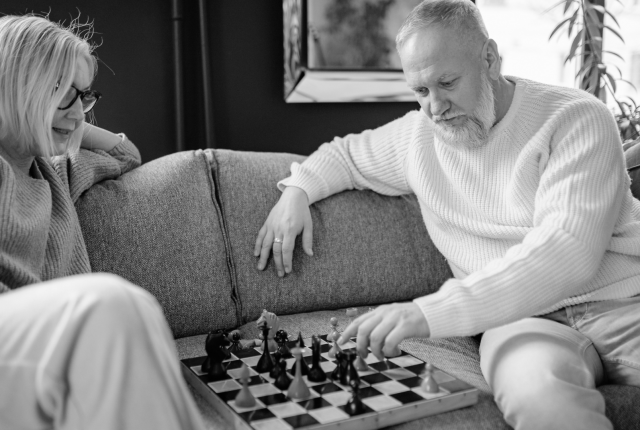
Cases in German: Nominative, Genitive, Dativ, Akkusativ – table with examples and explanation
I must admit that when I first learned what cases are in German, I was a bit discouraged about learning them. They seemed too confusing and incomprehensible to me. Unfortunately,…

Using Konjunktiv II in German: conditional sentences, wishes, advice, and polite sentences
Conjunctiv II is the form of the verb that you use to create the suppositional mode in English. As in Polish, you use it to express: Conditional sentences We most…

How to form Konjunktiv II in German
Konjunctiv II is the form of the German verb that you use to form the suppositional mode. As in English, you use it to express: Depending on whether you are…

Konjunktiv II, or conjectural mode, in German: Würde, wäre and hätte
“If only German grammar wasn’t so difficult!” Isn’t this a thought that occurs to everyone who learns German? If you’ve just encountered Konjunktiv II for the first time and it…

How to form plural nouns in German
The plural in German is a tricky subject. There is no exact consensus on how many different ways it can be formed. In order to write this guide for you,…

Types of German language certificates
“Why take language certificates?” This is a question I have heard many times from friends and students. The answer is not simple, because there are different types of German language…

What are the levels of German language proficiency? What exams determine the level of German?
The beginning of learning German was very exciting for me. Progress was visible day by day and it motivated me tremendously. Unfortunately, at a slightly later stage, I felt that…

Prepositions with Genitiv in German: Table and lots of examples
Genitiv is the rarest case in German, but you need it to express ownership or belonging. It answers the question “wessen?” (whose). Prepositions combining with the complement (Genitiv) are: anhand,…



